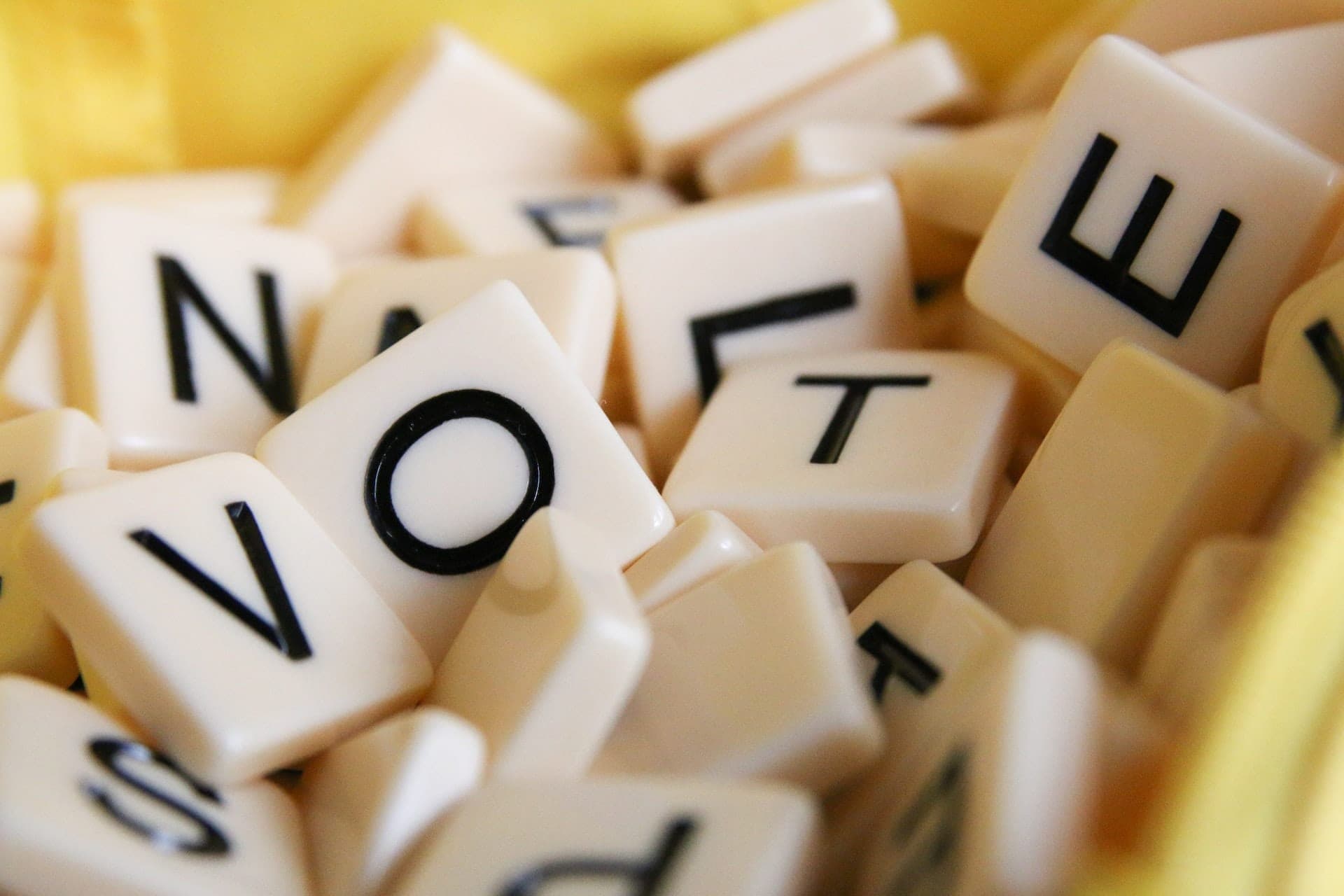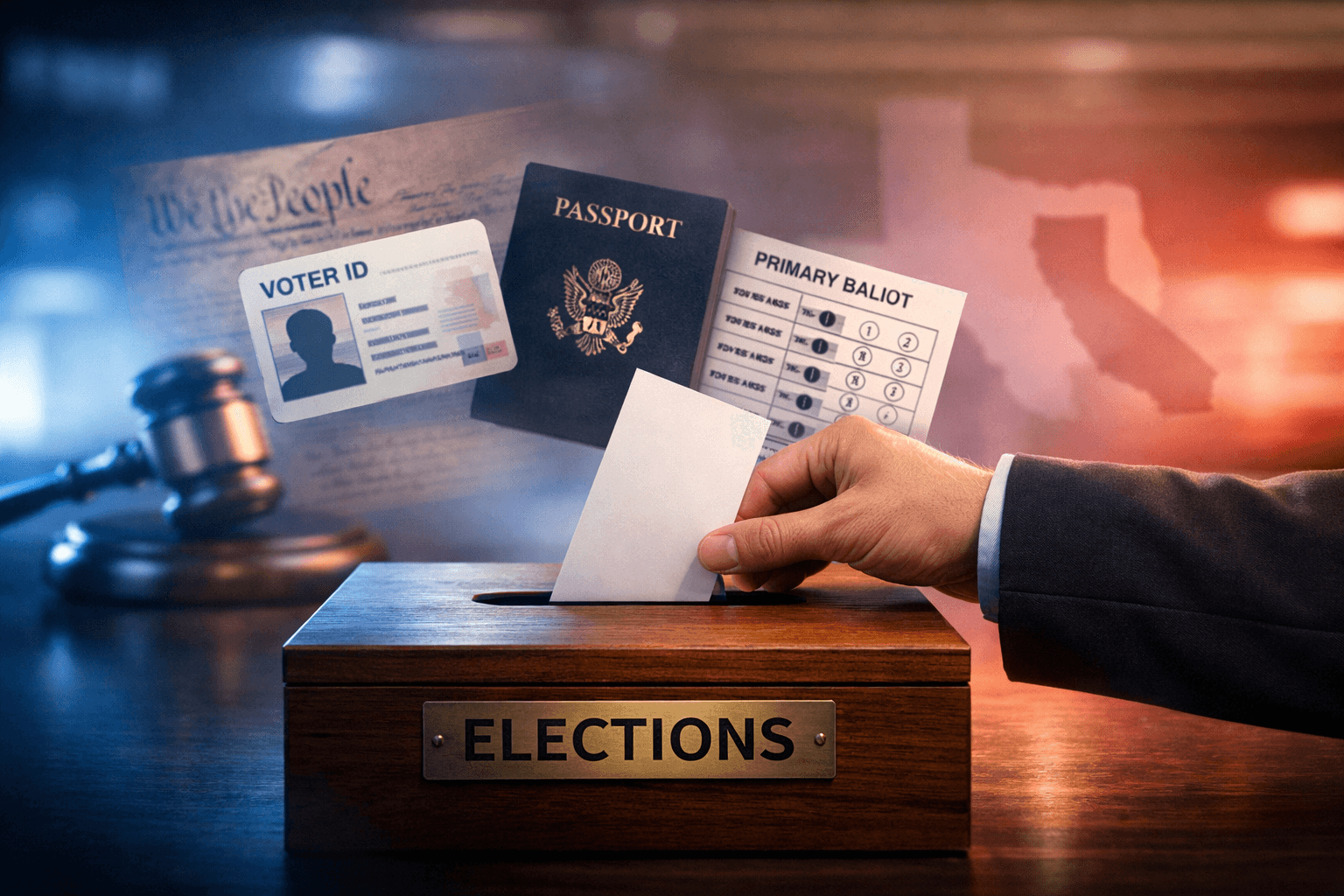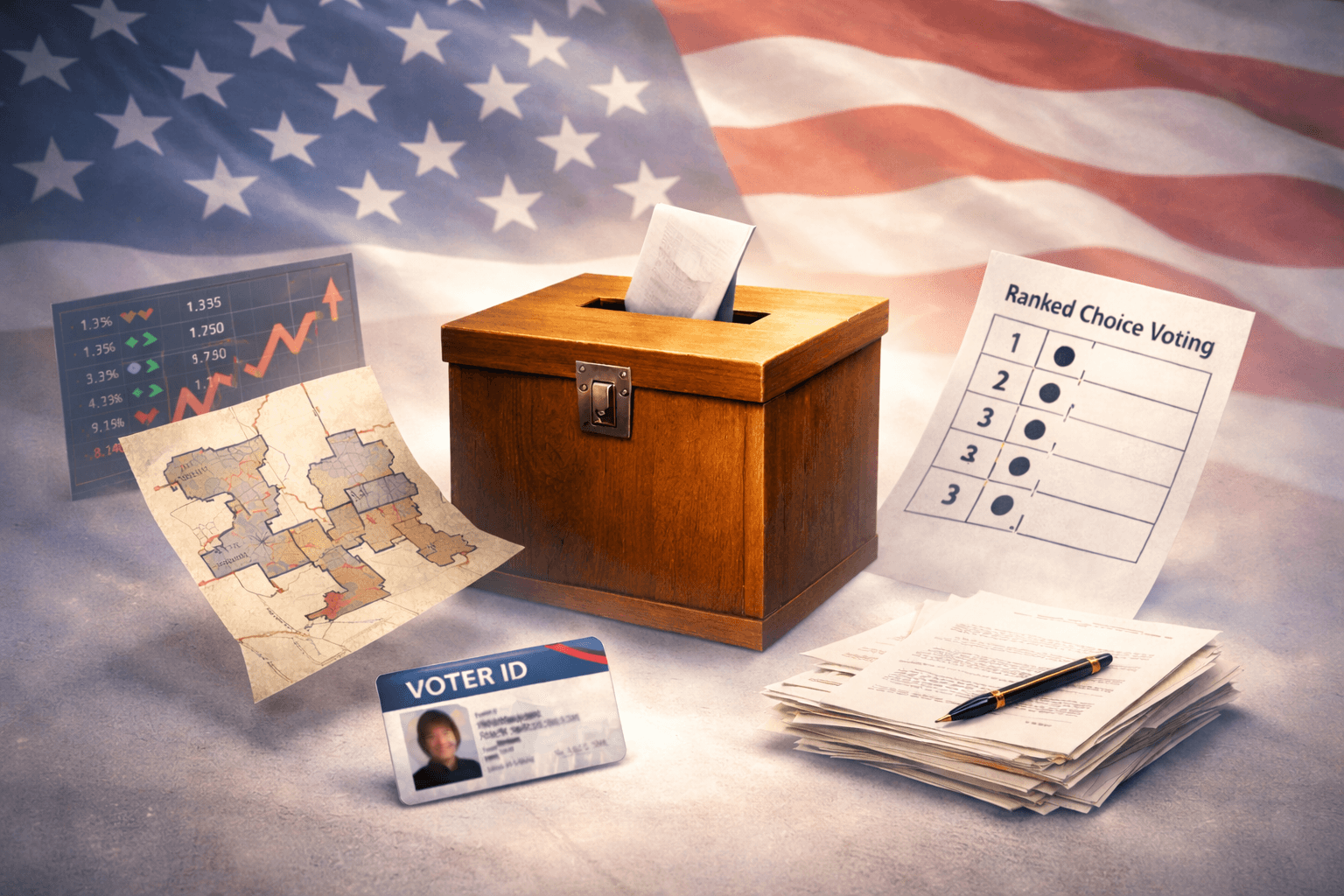It's Time to Let All Voters Vote in South Dakota's Taxpayer-Funded Primaries

Editor's Note: This article originally appeared in The South Dakota Standard and has been republished on IVN with permission from the author. Photo by Glen Carrie on Unsplash
Unfortunately, the upcoming 2024 South Dakota primary election promises more of the same for our state. Many voters will be prohibited from meaningful participation and there will be little competition in most races because of our closed primary system. I hope it will be the last one like this.
Voters who show up will get a Republican or Democrat ballot, depending on their registration. Only half of the voters are registered as Republican (and that number is inflated by non-Republicans willing to sign up as Republicans so they can have a meaningful vote in the primary). The vote in that closed primary is all important because Republicans control all statewide offices and 90% of the Legislature. Candidates advancing from this primary usually sail through the November general election, many times without an opponent.
Somewhere along the line, we let political parties take over our primary elections. There’s a lot to not like about this system. First of all, it’s not fair. Only those who vote in the pivotal Republican primary have a say in who will represent and run the state. The other half have little to no voice in the process.
Second, the system is not competitive. Candidates of lesser merit regularly slip in the back door without a competitive election. A shocking 21 of our current 35 state senators were put into office in 2022 without a competitive election.
Third, it encourages and rewards hyper-partisanship. Elected officials deviating from the party line risk expulsion by their own party in the next primary. Because of these three shortcomings, there is a growing consensus that South Dakotans need a better system for hiring people to govern.
South Dakota Open Primaries is a statewide group of Republicans, Democrats and independents working together on this nonpartisan effort to do just that. We are dedicated to reshaping our election system to make it fairer and more competitive. We are gathering 50,000 signatures (at spots throughout the state, like this Yankton location pictured above in the organization’s Facebook page) to be filed by May 7. South Dakotans have been receptive to this idea once they hear our proposal.
Our top-two primaries constitutional proposal eliminates separate ballots for each party. All registered South Dakota voters would get the same ballot. It would cover the three congressional offices, the governor, the legislature and county offices. It would be a South Dakota primary, not a Republican or Democrat primary.
Candidates will have more competition to get into office, and they’ll have to tailor their message to appeal to large numbers of South Dakotans, not just a partisan few. Here’s an example of how it might play out.
In a single South Dakota June primary, all candidates for governor would run against each other, let’s say three Republicans, two Democrats and an independent. All registered voters would get to vote in the primary, with the two most popular candidates advancing to what could be a competitive November general election.
State officials project that an additional 50,000 South Dakotans would vote in an open primary. That’s a huge improvement in voter turnout! And we think the number will be even larger. Moreover, we anticipate heightened competition as more individuals consider entering public service, free from the constraints of partisan politics.
There are currently 150,000 independent or unaffiliated voters in South Dakota. That’s over a quarter of the state’s registered voters. Many have disengaged from the highly charged partisanship that characterizes today’s politics. Their taxes pay for the primaries they can’t vote in and the salaries of the people they have no part in electing. Open primaries would empower them with a meaningful role in the political process.
There’s a lot to like about top-two open primaries: Increased voter turnout, more candidates, more competition and less hyper partisanship. They also make the general election better because voters are presented with a choice between popular candidates.
However, resistance is expected from politicians benefiting from the existing unfair system, reluctant to relinquish control. On the other hand, our timing for change seems to be good as several mainstream Republican Party leaders have told us they see open primaries as a solution to the challenges they face with radical factions of the party.
And it is important to note that the two political parties continue to do well in open primary states. They eventually learn to compete in a system that empowers all voters to participate.
South Dakota Open Primaries is well on the way to giving voters a chance to adopt a fairer, more competitive system for hiring the people to govern us. We are currently finishing up our yearlong effort to gather enough signatures to get on the ballot.
If you haven’t had a chance to sign one yet, reach out to us at sdopenprimaries.org/. Let’s make the June 2024 South Dakota primary the last unfair and uncompetitive one in our state. Open primaries let all voters vote!
Joe Kirby is a fourth-generation Sioux Falls resident and lifetime Republican. He is a retired businessman, lawyer and good government advocate. As one of the leaders of a successful 1990s change in the form of Sioux Falls city government, he has witnessed firsthand the remarkable benefits that thoughtful change can bring to government. He is a self-described fan of consolidation, open primaries, ranked-choice voting, local control, home rule and government modernization. His blog can be found at siouxfallsjoe.com.







